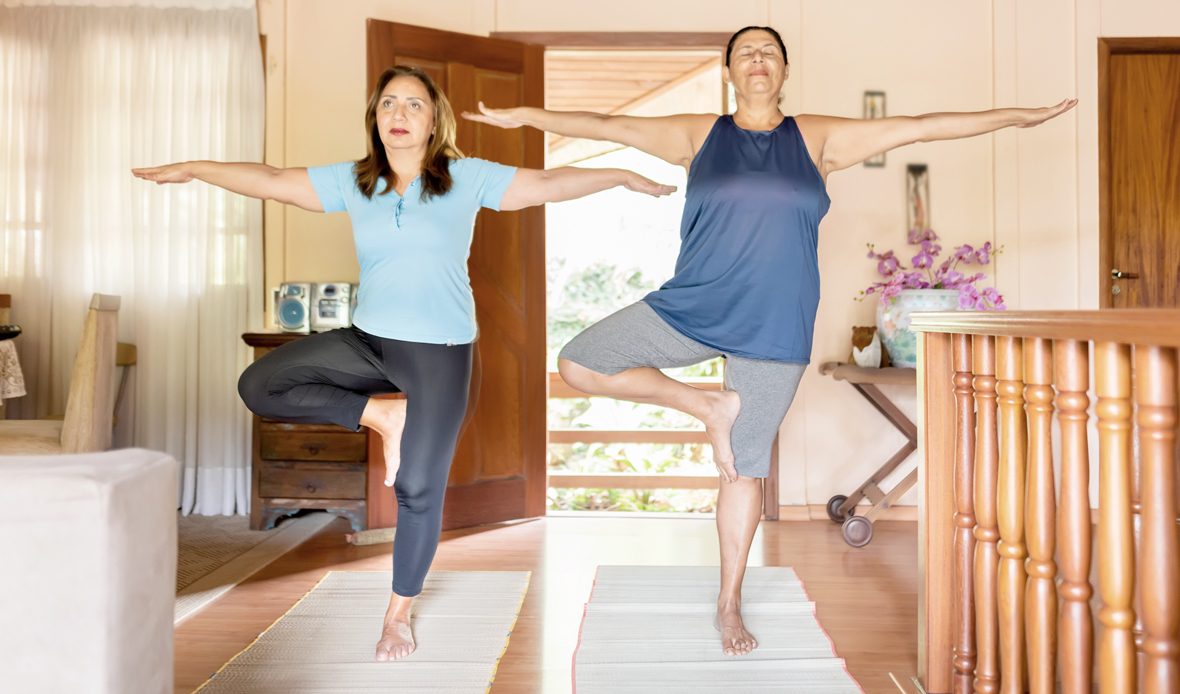
Here’s a thing about humans: we’re social beings. We care about what others think—but wait, that’s not a bad thing. In fact, you can take advantage of this deeply human tendency and put it to work for yourself.
Accountability, by definition, is the willingness to accept responsibility for our actions. Let’s be honest though: the promises we make to ourselves are sometimes the easiest ones to break. When we make a promise to someone else, on the other hand, research shows that most of us have a deeply held need to keep it.1
The benefit to a little bit of social pressure is that having someone else count on you to help them stay on track boosts your own motivation. Knowing someone else is checking in and invested in your progress raises your own expectations and makes it more difficult to fall off course.
The best accountability buddy is someone who has similar goals. It will help both of you stay on track if you’re interested in similar outcomes. Next, look for a partner who won’t shy away from nudging you when you need it—and someone who truly needs you to do the same for them.
They don’t have to be your best friend or a family member, it may actually be better to have a bit of social distance. But they should be someone you enjoy spending time with. Lastly, an accountability partner should make you feel at ease, but not insecure. It’s okay if they challenge you, but if you’re tempted to compare yourself in a negative way, keep looking until you find a better fit.
The beauty of an accountability partnership is that you and your partner get to decide how it’s going to work. Experts agree, though, that setting a structure is the key to success.2 That way, your partnership is less likely to fizzle out, or worse, end in misunderstanding.
Start with logistics.
How often will you check in with each other? Hint: often is good. What will you use to check in? You could text, video chat, call, or use a mutual spreadsheet tracker.
Establish ground rules.
Do you prefer active coaching or passive check-ins? Do want your partner to ask questions or do you want ideas and feedback, too?
Revisit your goals.
Pick a time frame for stepping back to reflect on progress and reevaluating your partnership. Every month? Every three months? Discuss what’s changed, what you’ve learned, and what may need to be adjusted.
Whatever your goals for living well, an accountability partner can help you reach them—making the process more enjoyable and less lonely along the way.
See how MOBE can help you connect the dots between nutrition, sleep, movement, and emotional well-being—with personalized one-to-one support. Get started today.
References:
1. Robert Cialdini, The Small BIG: Small Changes That Spark Big Influence, (New York, Hachette Book Group, 2013).
2. “Why an Accountability Partner Will Increase Your Chances of Success,” Fearless Culture, https://www.fearlessculture.design/blog-posts/how-to-increase-your-chances-of-success-get-an-accountability-partner.